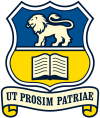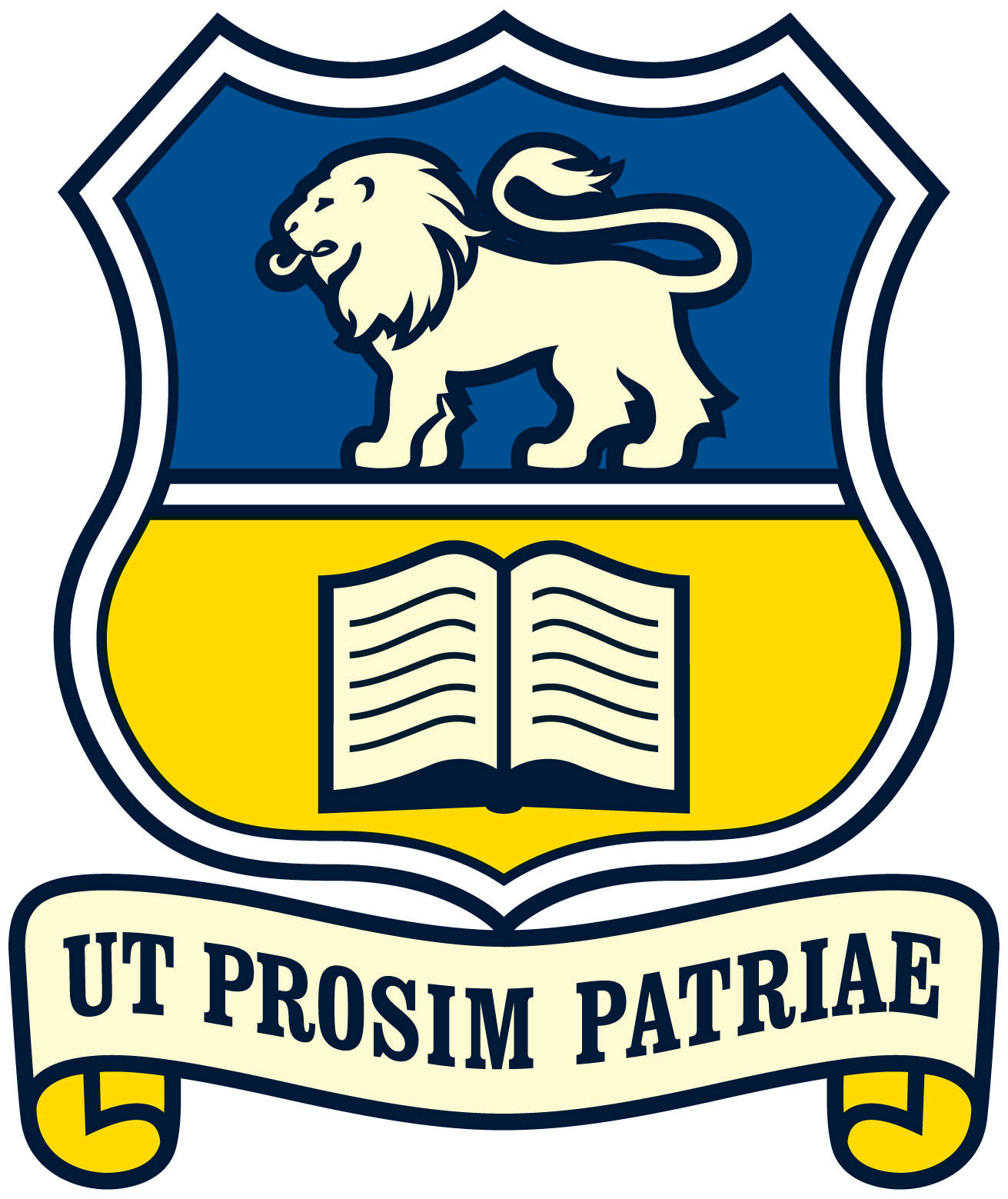Introduction
Being prepared for class is a great start to making progress – part of being “ready to learn”. Students are expected to be organised and bring what they need to support their learning. The basics include a school bag, stationery and a learning device is highly recommended.
Please refer below for stationery requirements at each year level. The minimum recommendations for devices is included in these documents.
BYOD – bring your own device (for learning)
All students are strongly encouraged to bring their own suitable device to support their learning. They can access the internet using the wireless network on campus, and access learning materials provided by the school.
Learning and teaching at Te Kura Tuarua o Te Kauaeranga | Thames High School is a blended e-learning approach. This means a combination of traditional teaching methods, and paper-based learning and recording, and the use of appropriate digital technologies (e-learning). Once enrolled, taiohi/students will have access to the Google Suite that includes Google Classroom (online classroom space), Google Mail (communications), Google Calendar (organisation, task management), Google Meet (video conferencing), Google Docs (to produce reports), Google Slides (for presentations), Google Sheets (spreadsheets), and many other apps. Students will also have access to the Microsoft range of products too, via Microsoft 365 such as Word, Excel, PowerPoint, etc. Workplaces rely significantly on digital technologies, so being competent users of productive tools such as the Microsoft and Google suite of applications is a distinct advantage for employment. Students are encouraged to use their own devices as personal organisers, keeping track of homework or assessment requirements, in addition to maintaining a diary.
Why BYOD?
Learning is enhanced when a students have their own device, one that can be used anywhere. Having your own device means students can use the device that they prefer and increases the amount of time a device is accessible for learning, both at school and at home. In addition, as NZQA moves to a digital assessment format, there will be a distinct advantage in being familiar with digital formats, and having individual access to a device. More time spent using a device will mean typing skills are developed, and that will increase speed, and increase competence, and therefore employability.
e-Learning has many benefits:
- Improved student motivation and engagement;
- Greater independence and personalised learning;
- Improved critical thinking and development of multi-literacies, including digital literacy for the contemporary workplace;
- Greater access to information, resources and experts;
- Greater opportunities for collaboration in a range of contexts, including international ones.
Source: Noeline Wright’s literature review “Looking at e-Learning and implications for New Zealand schools” – (University of Waikato).


